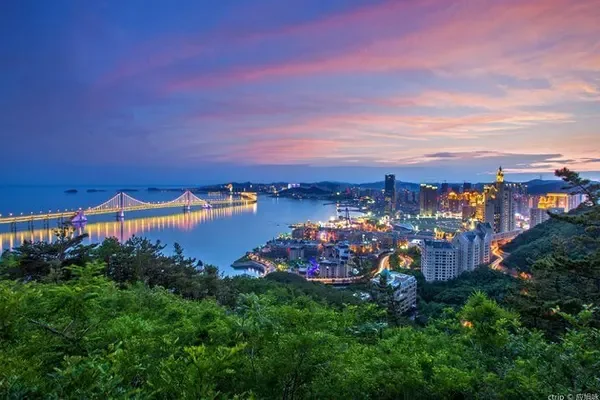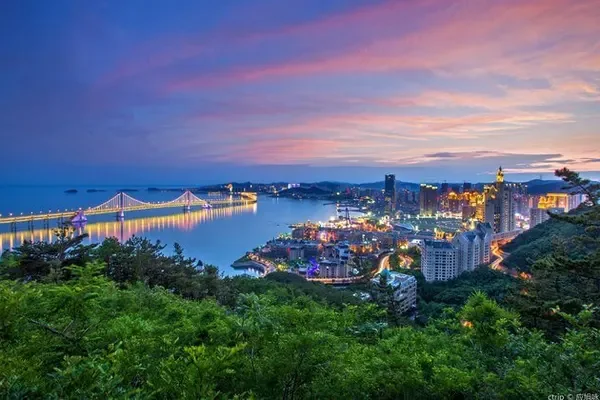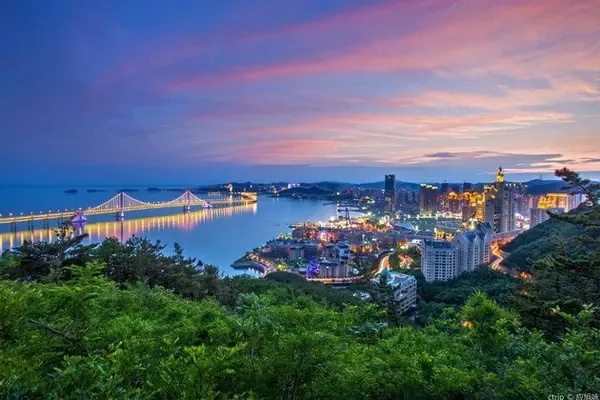A mesa is an isolated, flat-topped elevation, ridge or hill, which is bounded from all sides by steep escarpments and stands distinctly above a surrounding plain. Mesas characteristically consist of flat-lying soft sedimentary rocks capped by a more resistant layer or layers of harder rock, e.g. shales overlain by sandstones. The resistant layer acts as a caprock that forms the flat summit of a mesa. The caprock can consist of either sedimentary rocks such as sandstone and limestone; dissected lava flows; or a deeply eroded duricrust. Unlike plateau, whose usage does not imply horizontal layers of bedrock, e.g. Tibetan Plateau, the term mesa applies exclusively to the landforms built of flat-lying strata. Instead, flat-topped plateaus are specifically known as tablelands.
Aksu City is located in the northwest edge of the Taklimakan Desert, the upper reaches of the Tarim River, named after the water, the Uyghur language means "Baishui City", meaning "clear water". In ancient times, it was the dependency of Gu Mo and Wensu of the 36 countries in the Western regions of Qin and Han dynasties in China. it was an important post station on the ancient Silk Road, and it was also the birthplace of Qiuci culture and Duolang culture. It is known as "outside the south of the Yangtze River". It is the political, economic and cultural center of Aksu region and the seat of the 1st division of the corps. Aksu City has a pleasant climate, flat terrain, fertile land, rich water, sufficient light, long frost-free period, suitable for the growth of all kinds of crops, the city's cultivated land area of 1.1629 million mu, forest area of 700000 mu, grassland area of 4.03 million mu, grazing throughout the year. Is the country's important commodity grain, commercial cotton base, red jujube, thin skin core




